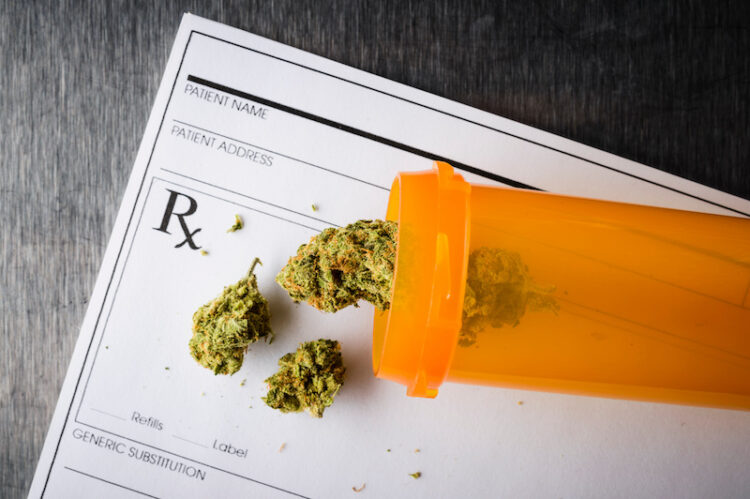With 38 states now allowing some form of medical marijuana, and recreational marijuana legal in 24 states and Washington, DC, you may assume traveling with medical marijuana is easy. However, the difference between the various state and federal governments increases the risk and could lead to an arrest or other complication.
The U.S. Drug Enforcement Administration classifies cannabis as a Schedule I type of drug which declares the plant as a substance with currently no accepted medical usage, lacks accepted safety for use under medical supervision, and has a high potential for abuse.
The Transportation Security Administration (TSA) maintains that since marijuana is illegal under federal law it is prohibited and will be confiscated if found. The TSA is lenient in terms of marijuana searches indicating its screening procedures are designed to identify potential threats to passengers and aviation and focused on security their officers are not actively looking for marijuana or other drugs. Though technically required to inform law enforcement, the TSA tends to be somewhat lenient in their procedures and, particularly if the passenger is carrying a medical marijuana card, will sometimes merely throw the confiscated items away or even return it. Delta Air Lines, Alaska Airlines and American Airlines ban medical marijuana from their aircraft, even if you have a medical card. Amtrak’s policy indicates “The use or transportation of marijuana in any form for any purpose is prohibited, even in states or countries where recreational use is legal or permitted medically.”
Although traveling with cannabis via a plane or boat is illegal under U.S. law, there is still another way to travel within the United States without being penalized through the medical cannabis reciprocity program. The program allows a patient to purchase, possess, and use medical marijuana in another state if he has a valid medical cannabis card issued by the state where he is a resident.
Some states require non-residents to sign up for medical cannabis program and pay a fee beforehand. States like Oregon limit the amount of cannabis non-residents can bring. Lastly, remember that the program is solely applicable to medical marijuana only. Carrying official documents demonstrating the medical nature of the marijuana you are carrying is a necessity. When traveling to a state with reciprocity, travelers should be certain their medical marijuana card is not expired.
It is illegal to carry medical marijuana in a state where medical use is not permitted. Likewise, traveling internationally with medical marijuana risks very harsh penalties.


